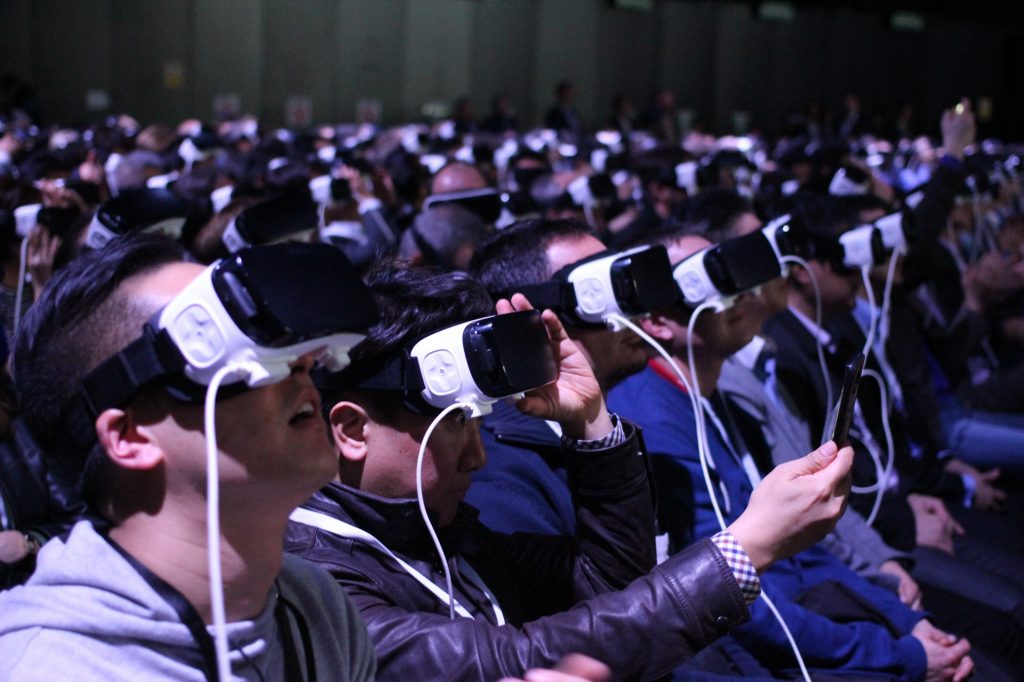Industry Trends for Events and Event Planners
“Life moves pretty fast. If you don’t stop and look around once in a while, you could miss it.” — Ferris Bueller
Today’s conference is not your Dad’s conference. New technologies, younger audiences, different expectations have all created a demand for a more immersive event experience than you’re Dad could have ever dreamed of. The days of presenters standing at a podium and reading from their powerpoint decks as attendees shuffled from conference room to conference room are gone.
The expectations of the average attendee (as well as the company who foots the bill for them to attend) have gone up while the money they are willing to spend has gone down. Welcome to the new experiential event world, where you will have to juggle the desire of attendees who want a richer, more interactive, and deeper experience with the constraints of the companies that don’t want to spend a lot of their budget on conferences.
If you want to stay on top, here are some of the latest trends in technology, content, speakers, and event planning you should be aware of based on the most recent industry research.
Technology
How many times have you heard someone say we need to use less technology at conferences? Never, right? Audiences want apps and lots of them. They want apps to communicate, to engage with attendees, to network, to get conference information, to take notes, to complete surveys, to measure analytics, to see floor maps, to receive session reminders, to participate in Q&As, and so much more. If it used to be printed on paper or relayed in person, people will want an app for it.
Content
Audiences have changed how they like content delivered. Attendees are used to streaming movies while checking their mobile phones to learn more. They expect the same convenience at events. They want to be able to use augmented reality, virtual reality, and digital voice assistants to take a deeper dive into the content being presented as it’s being presented.
Speakers
Call it the TED talk syndrome. New audiences want variety. Instead of long presentations, they want more speakers, diverse speakers, and speakers who deliver shorter talks (30 minutes or less). They also want more involvement from crowdsourcing to choose speakers.
In terms of topics, audiences are less interested in motivational speakers than thought leaders who can provide actionable takeaways. They want to hear from experts, not cheerleaders. When the talk is over, they want to leave more knowledgeable than when they walked in.
Event planning
The days of free spending on conferences are so yesterday. Flights and hotel prices have increased with no descent in sight. With travel and housing costing ever more, attendees want to get more bang for their buck and in less time. Conference goers are looking for more activities over fewer days.
Some companies may prefer no conferences at all. Many are looking toward online universities and webinars to get insights at a discount.
The changes to events will be challenging for event planners but there are as many opportunities as obstacles if you are prepared to stay ahead of the trends.
